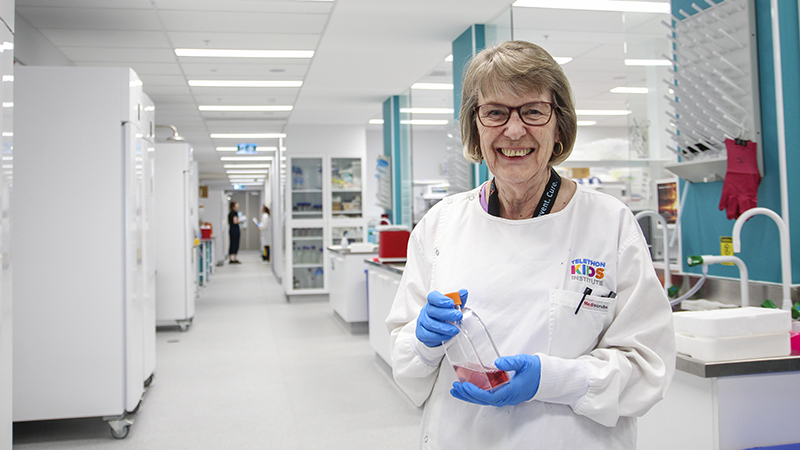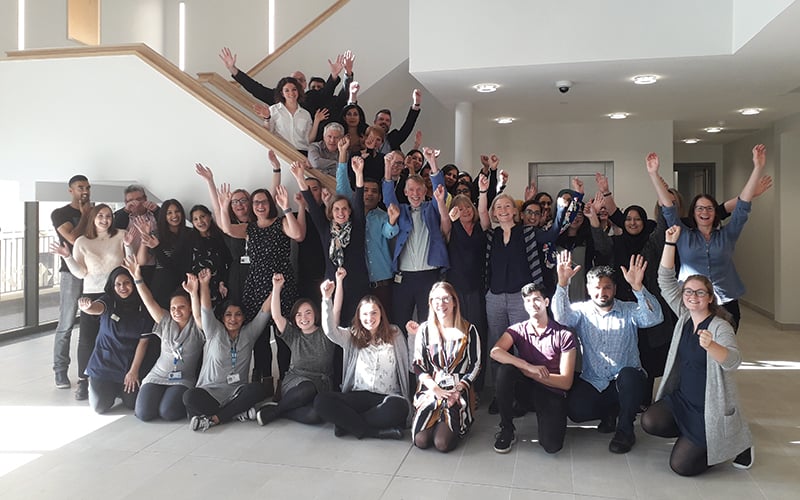Search
Research
Severe adverse reactions to benzathine penicillin G in rheumatic heart disease: A systematic review and meta-analysisFear of severe adverse reaction (SAR) and reluctance of health care providers to administer intramuscular injections are major contributing factors to poor adherence of benzathine penicillin G (BPG) in the management of rheumatic heart disease (RHD). However, data on the risk of SARs following BPG injections for RHD are relatively limited and inconclusive. Our systematic review and meta-analysis aimed to evaluate the incidence of SARs associated with BPG injections used for secondary prophylaxis of RHD.
Research
Designing a paediatric teleotology pilot in the UK: Outcomes from a scoping review of the literature, with insights from the Ear Portal pilot service in Perth, Western AustraliaTo inform the design of a United Kingdom (UK) paediatric teleotology pilot by analysing global teleotology initiatives and drawing on insights from a successful paediatric teleotology pilot service in Perth, Western Australia (Ear Portal).

The Institute farewelled one of its most treasured employees this year, as The Kids Cancer Centre research officer Jette Ford closed the door on a quietly stellar 37-year career which has helped to change the face of cancer research in WA and around the world.

Researchers leading WA’s landmark ORIGINS Project have spearheaded a global network that will see them join forces with similar interventional cohort studies across the world to maximise data collection and learnings for
Research
Impact of honey on post-tonsillectomy pain in children (BEE PAIN FREE Trial): a multicentre, double-blind, randomised controlled trial*Tonsillectomy, a common childhood surgery, is associated with difficult postoperative recovery. Previous reviews provided low-grade evidence that honey may improve recovery. The BEE PAIN FREE study investigated whether honey alongside multimodal analgesia improved the recovery trajectory in children following tonsillectomy.
Research
Single-cell data combined with phenotypes improves variant interpretationWhole genome sequencing offers significant potential to improve the diagnosis and treatment of rare diseases by enabling the identification of thousands of rare, potentially pathogenic variants. Existing variant prioritisation tools can be complemented by approaches that incorporate phenotype specificity and provide contextual biological information, such as tissue or cell-type specificity.
Research
The relationship between administratively recorded ethnicity and outcomes for people admitted to Australian intensive care units with COVID-19The relationship between ethnicity and mortality of patients critically ill with COVID-19 in Australia has not been described. Defining those communities at the highest risk of severe COVID-19 may assist with formulating effective public health policy and may improve the equitable delivery of health care in Australia.
Research
Children's CancersCancers in children are very different from cancers in adults - in most cases they appear to strike simply at random. They also develop differently and can spread more rapidly and aggressively. And because cancers in children are not obviously linked to their lifestyles, much work is needed to pinpoint their cause.
Research
The application of population data linkage to capture sibling health outcomes among children and young adults with neurodevelopmental conditions. A scoping reviewSiblings of children with neurodevelopmental conditions have unique experiences and challenges related to their sibling role. Some develop mental health concerns as measured by self-reported surveys or parent report. Few data are available at the population level, owing to difficulties capturing wide-scale health data for siblings. Data linkage is a technique that can facilitate such research.
Research
The Truth Of Our Stories: A mixed method evaluation of Elder and community-led cultural training for out-of-home care agency workers and non-Indigenous foster carers in AustraliaGlobally, Indigenous peoples have incurred significant harm due to colonisation of their lands. Dispossession of culture, language, family and land, and the historical, systematic removal of children in Australia (the ‘Stolen Generation’), has resulted in evident ongoing negative outcomes in the contemporary lives of Aboriginal and Torres Strait Islander people.
